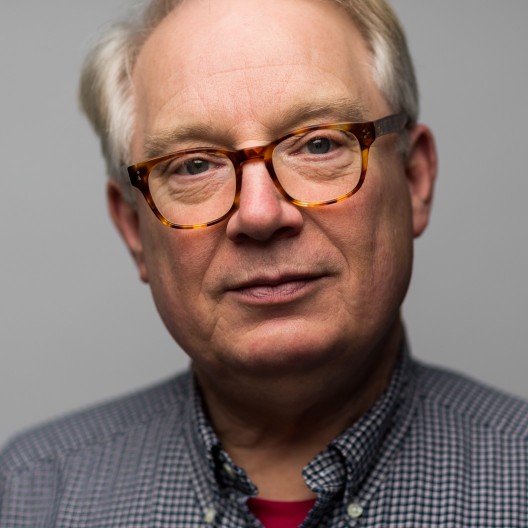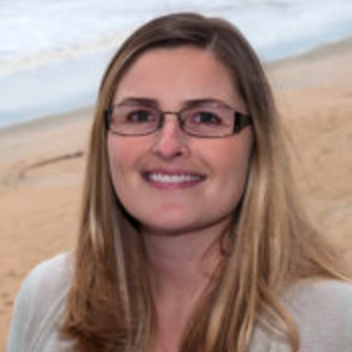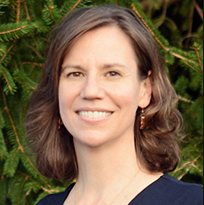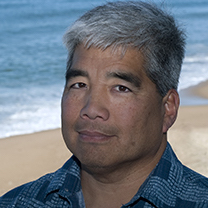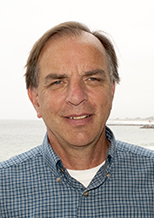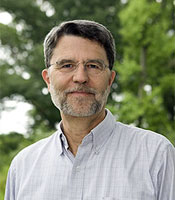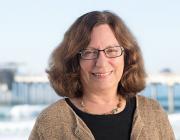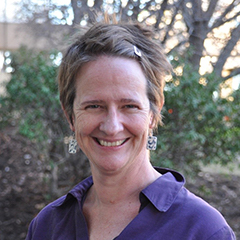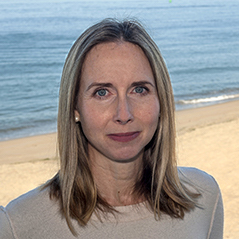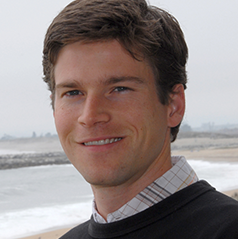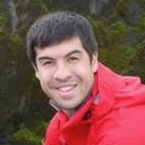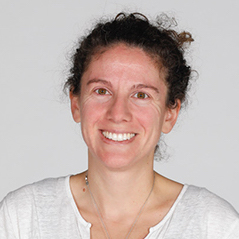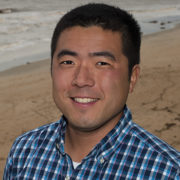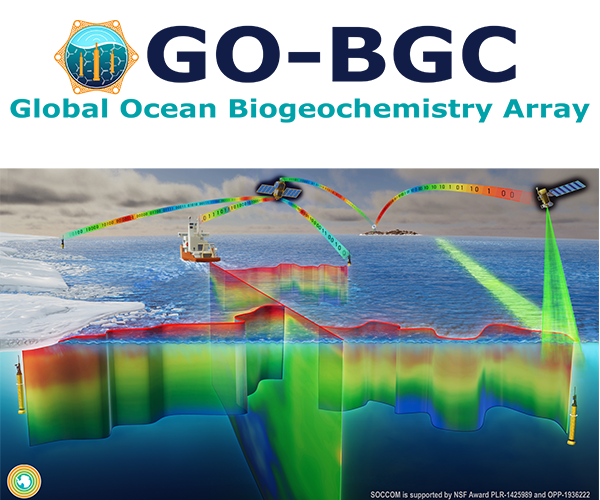
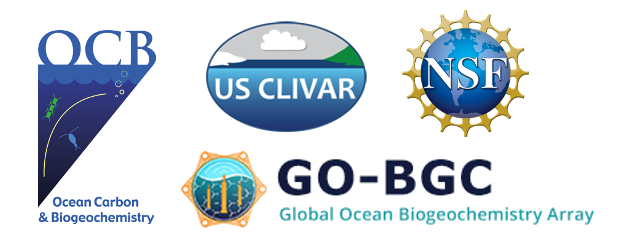
The Global Ocean Biogeochemistry (GO-BGC) array is a 5-year effort funded by the US National Science Foundation to produce and deploy 500 profiling floats equipped with biogeochemical sensors in the world ocean. Deployments will begin in the first quarter of 2021. To inform and engage a broad oceanographic user community, the Ocean Carbon & Biogeochemistry (OCB) and the US Climate Variability and Predictability (CLIVAR) Programs are working with GO-BGC leadership to plan a virtual GO-BGC Scientific Workshop from June 28-30, 2021. The objectives of the workshop are to:
Presentations and discussions will be scheduled for 3-4 hours on each day. Some pre-recorded presentations will be available online prior to each day’s events, so that participants can consider discussion items before the meeting. The organizers look forward to a large online participation in the meeting as this new, multi-year program gets underway.
| 10:00-10:05 am (PACIFIC TIME) | Welcome |
| 10:05-10:35 | Keynote (Ken Johnson, MBARI) |
| 10:35-11:30 | Basic questions about GO-BGC (based on curated, online talks) (a) Float technology (Steve Riser, UW - 10 mins.) (b) O2, NO3, pH, FLBB sensor review (Yui Takeshita, MBARI - 25 mins.) (c) Cruise planning (Lynne Talley, Scripps Inst. Oceanography - 10 mins.) (d) Data management (Tanya Maurer, MBARI - 10 mins.) |
| 11:30-12:00 | Panel Discussion |
| 12:00-12:15 | Break |
| 12:15-1:15 | Science applications (15 mins. each, curated) (a) O2/nutrients/pH/Chl (Lionel Arteaga, NASA GSFC) (b) Fisheries (Cara Wilson, NOAA SWFSC) (c) Carbon (Seth Bushinsky, Univ. Hawai'i) (d) Models (Matt Mazloff, Scripps Inst. Oceanography) |
| 10:00-10:05 am (PACIFIC TIME) | Introduction |
| 10:05-11:30 | Short talks from prospective national GO-BGC users Nathan Briggs (UK) Marti Gali (Spain) Mariana Bif (Brazil/US) Fei Chai (China) Emily Osborne (US) Christina Schallenberg (Australia) Miguel Piecho-Santos (Portugal) |
| 11:30-11:45 | Break |
| 11:45-12:30 | Breakout rooms for specific discussions among users |
| 12:30-1:15 | Panel Discussion: report from breakout rooms; plan for Day 3 |
| 10:00-10:05 am (PACIFIC TIME) | Introduction |
| 10:05-10:30 | Outreach (George Matsumoto, MBARI) |
| 10:30-11:45 | Data tutorials: Matlab, Python, and R (Lead: Alison Gray, UW)
MATLAB, R, and Python code developed for BGC Argo data access tutorials on the GO-BGC GitHub page: https://github.com/go-bgc |
| 11:45-12:00 | Break |
| 12:00-12:30 | Engagement with other programs Pete Strutton (Australia) Katja Fennel (Canada) Hedy Edmonds (US/NSF) Emily Smith (US/NOAA) |
| 12:30-1:15 | Meeting summary, questions, final discussion |
Steve Riser (UW)
Andrea Fassbender (NOAA/PMEL)
Roberta Hotinski (Princeton)
George Matsumoto (MBARI)
Ken Johnson (MBARI)
Jorge Sarmiento (Princeton)
Lynne Talley (SIO)
Susan Wijffels (WHOI)
Heidi Cullen (MBARI)
Alison Gray (UW)
Todd Martz (SIO)
David (Roo) Nicholson (WHOI)
Sarah Purkey (SIO)
Yui Takeshita (MBARI)
